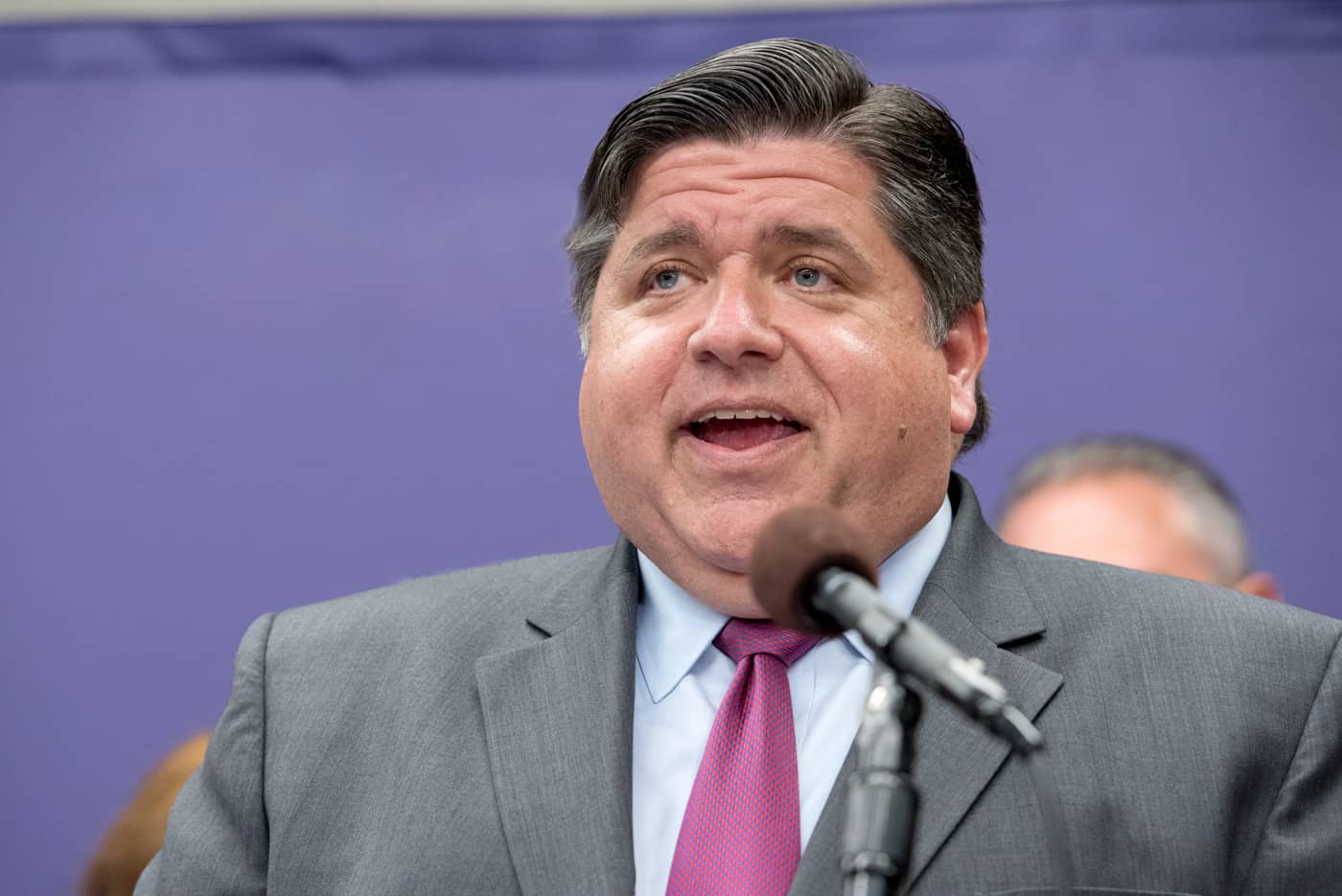There will be no bailout for CPS
Governor J.B. Pritzker was right to push back against the Chicago Teachers Union’s (CTU) exorbitant demands. Illinois already spends between 19 and 64 percent more per pupil than its Midwestern neighbors. Yet, the CTU and its allies in the Chicago Public Schools (CPS) leadership continue to insist the state is underfunding the district. As recently as June 2024, they claimed CPS was shorted $1.1 billion. Now they demand $1.6 billion, citing the state’s “Evidence-Based Funding Formula” (EBF).
However, that formula is aspirational, not mandatory. It was designed to help close funding gaps between the state’s wealthiest and poorest districts. The problem, however, is less about money and more about low expectations and a lack of accountability. Since the EBF was introduced in 2017, Illinois has pushed billions more into K–12 schools. Some districts now meet or exceed adequacy targets, but test scores remain stagnant. In fact, many have worsened. Clearly, the issue isn’t funding — it’s performance.
The state’s investment in public education is already massive. Illinois has increased EBF funding by $2.1 billion since Pritzker took office. Per-pupil spending has climbed to nearly $22,000 in 2025 — ranking eighth nationally and fifth relative to taxpayer income. Illinois residents also pay some of the nation’s highest state and local taxes. Compared with nearby states, Illinois spends 19 to 64 percent more per student, despite producing weaker academic outcomes.
CPS in particular has benefitted disproportionately. The district already spends over $32,000 per student — one-third more than the state average. According to Wirepoints, per-pupil spending grew by 43 percent since 2019, while budgeted staffing positions increased nearly 19 percent — even as enrollment fell by 9 percent. CPS now employs roughly one staff member for every 7.3 students. Strikingly, more than half of its 43,000 employees are not classroom teachers — 10,000 more non-teaching staff than the city has police officers.
The CTU’s latest demand would drive state costs to staggering levels. Adding $1.6 billion for CPS would force Pritzker to inject $6.4 billion into the EBF statewide to maintain equity under the formula. For CPS, per-pupil spending would balloon toward $37,000 in a school system we are in recent years only about half of that money would ever make it to schools and classrooms. The state is facing its own $3.2 billion budget shortfall next year.
Pritzker has historically gone out of his way to cater to CTU priorities. In 2021, he restored the union’s full bargaining rights, reversing reforms that limited CTU’s ability to strike over non-wage issues. He delayed the move to a fully elected school board — buying time for the CTU’s political ally, Brandon Johnson, to cement his control. Pritzker also abolished the state charter commission and signed “charter neutrality” legislation, boosting unionization of charters. He stood by as state lawmakers let the modest Invest in Kids scholarship program — serving more than 9,000 mostly low-income children — expire, a direct victory for CTU’s anti-choice agenda.
Yet the CTU has repaid Pritzker’s loyalty with contempt. During his consideration for the Democratic vice-presidential spot, CTU president Stacy Davis Gates accused him of shortchanging Black and Latino students and failing a “test of values.” Jackson Potter, CTU vice president and Davis Gates’ immediate subordinate, continues to dismiss criticism of Davis Gates or Mayor Johnson as tantamount to “racism” from a “white billionaire governor.”
As Pritzker positions himself for a 2028 presidential run, expect CTU attacks to intensify. Their rhetoric already mimics national progressive themes — complaining Pritzker is advancing “Red State austerity” by resisting their $1.6 billion demand while giving “Trump-era tax breaks to the rich.” Nevertheless, federal education dollars account for less than 10 percent of CPS’s budget, with most restricted to Title I and special education funding streams that have been stable. The real crisis in CPS is not Washington — it is local mismanagement.
This moment requires bold leadership. Pritzker should consider reviving the Chicago School Finance Authority (SFA) — the state-created oversight panel that once stabilized CPS during financial collapse in the 1980s. A revived SFA could approve budgets and contracts, enforce fiscal discipline, and conduct independent performance audits. Crucially, it would maintain CPS’s authority over education policy while reining in reckless financial practices.
As an incentive for city leadership to support the reactivation of the SFA, the state should equalize funding for the Chicago Teachers’ Pension Fund with what the state provides every other district, something Springfield has long failed to do. That change would free up roughly $557 million from Chicago’s special property tax teacher pension levy, which could instead support city pensions and free up $170 million in school district teacher pension contributions, which could be used to finance the non-teacher employee retirement costs.
If Pritzker lacks the courage to reinstate fiscal oversight, advocates should press for federal intervention. Bringing CPS under a Federal Education Consent Decree could finally address what many parents rightly see as an education apartheid system in which poor overwhelmingly Black and Latino families are trapped in failing neighborhood schools, as determined by their ZIP code. Such a measure would empower elected Local School Councils and their principals, remove bureaucratic constraints, and give families real pathways to choose better schools.
The crisis in Chicago Public Schools is undeniable. Mountains of new dollars, declining enrollment, a bloated workforce, and worsening academic results have brought CPS to a breaking point. Governor Pritzker has long indulged CTU’s agenda. Now, with the union turning its fire on him, he faces his “Profiles in Courage” moment.
Will Pritzker confront the CTU’s toxic leadership and their puppet mayor? Or will he continue enabling a system that squanders unprecedented resources while delivering dismal outcomes for the students who need strong public education the most?
The time for equivocation is over. It is Pritzker’s responsibility to lead.

